1. Introduction
Engage the reader: Start with a reletable question or statement to draw attention. Example: “Has your skin also become dry, especially in winter? Importance of the topic: Briefly explain how dry skin is a common problem and how it affects people of all ages. Purpose of the article: Tell the readers that the article will help them understand why dry skin happens and how to treat it.
2. What is Dry Skin?
Simple definition: Dry skin lacks moisture and oils that keep it soft and hydrated.
How it affects the skin: Explain how dry skin looks dull, may feel rough, or even irritates.
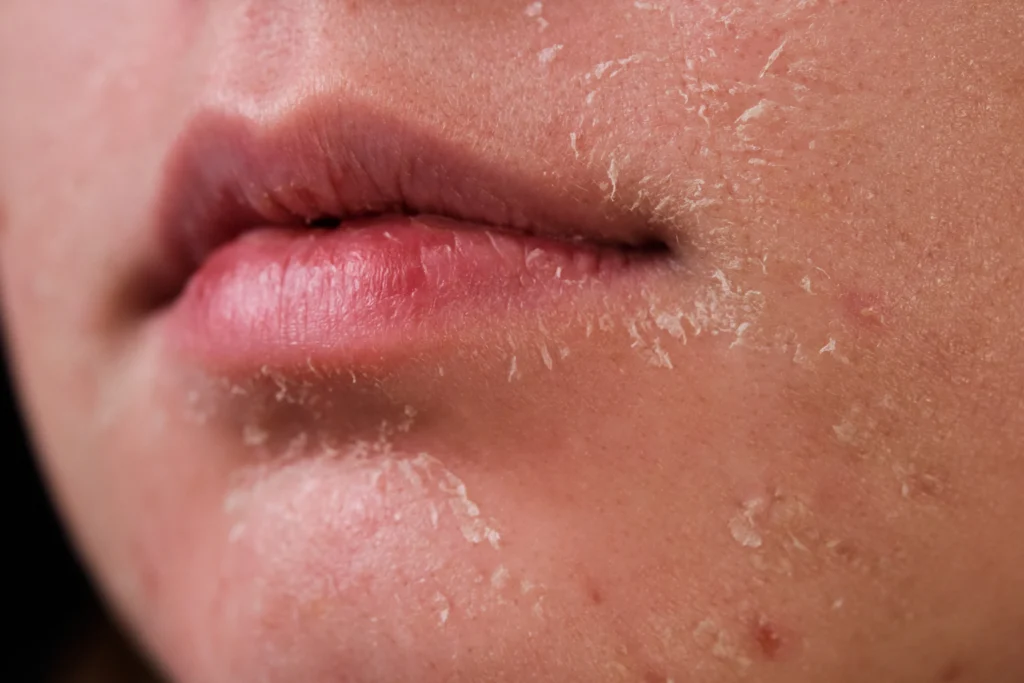
3. Causes Behind Dry Skin
Seasonal factors: There is low humidity in winter, which dries the skin.
Environmental conditions: Air conditioning or heating can also dry out the skin.
Harsh skincare products: Using too much harsh soaps and chemicals strips the skin of its natural moisture.
Health-related causes: Skin conditions like eczema, psoriasis, or even dehydration can cause the skin to become dry.
Aging: As we get older, the skin’s moisture retention ability decreases.
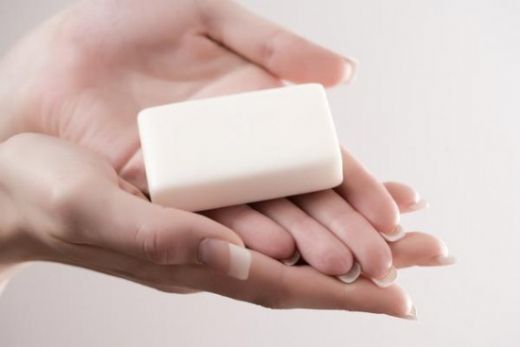
4. Signs of Dry Skin
Itching and irritation: Dry skin tends to itch a lot.
Flakiness and redness: Your skin can become flaky and red.
Tightness: You may feel tightness in your face or body.
Cracks and bleeding: In extreme cases, skin cracks can occur, which can also cause bleeding.
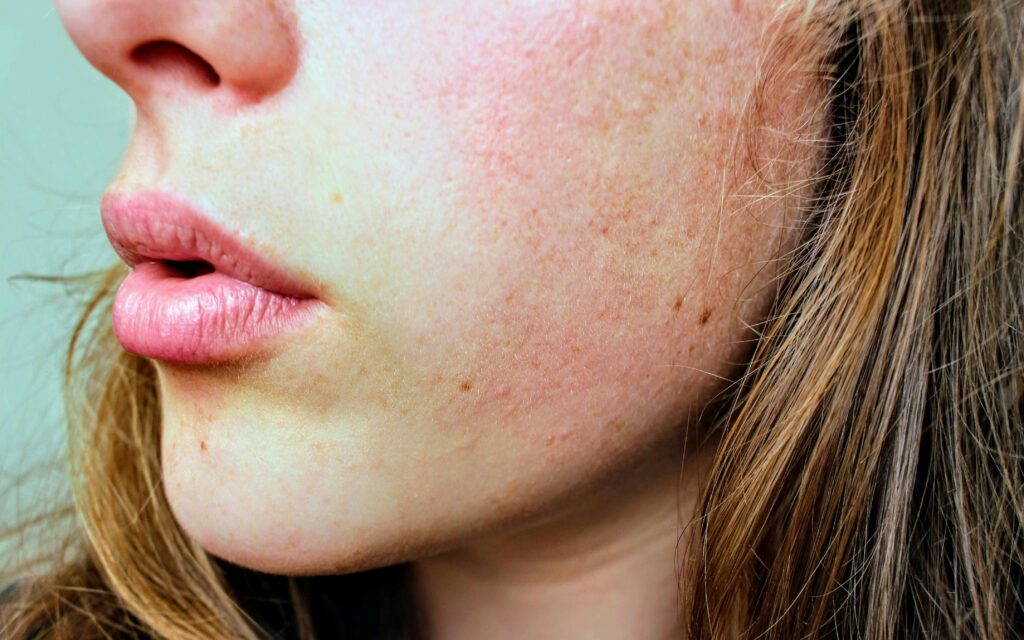
5. How to Treat Dry Skin?

a) Hydration (drinking water) Importance of water: It is important to keep the body hydrated. Drink 8-10 glasses of water daily.
Moisturizing creams: Regularly use moisturizers that hydrate the skin.

b) Suitable Skincare Products (Use of Right Products) Mild soaps and cleansers: Avoid harsh soaps. Use mild, fragrance-free, and moisturizing body wash.
Moisturizing lotions and oils: Aloe vera gel, coconut oil, or shea butter-based products are helpful.
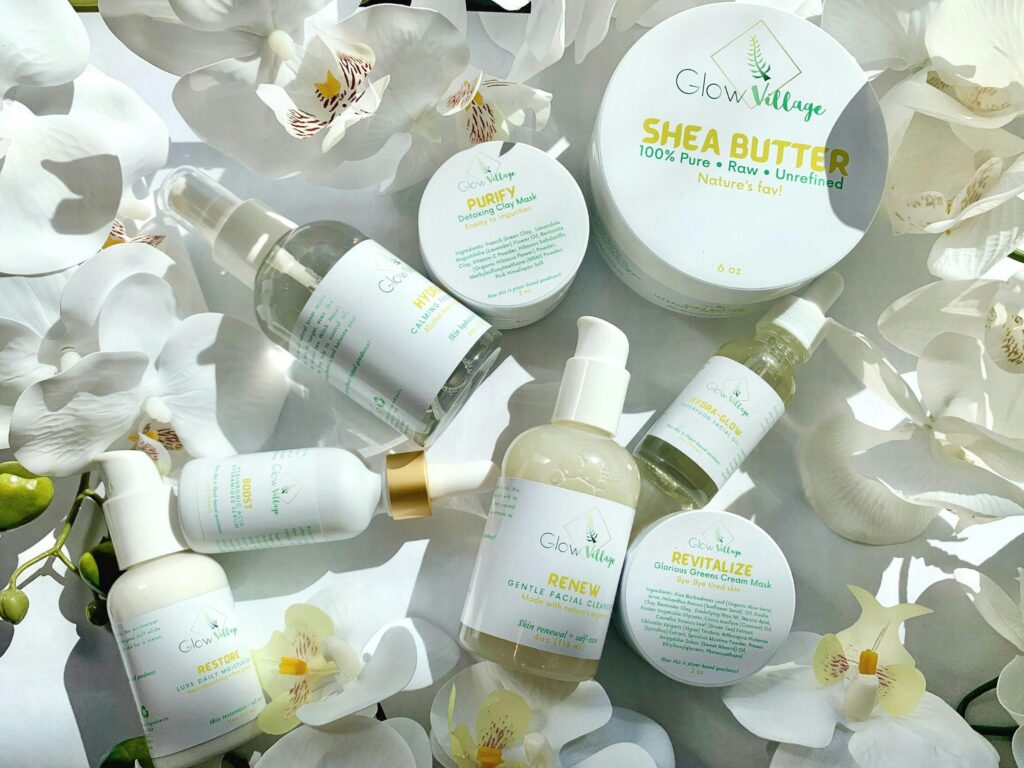
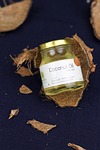
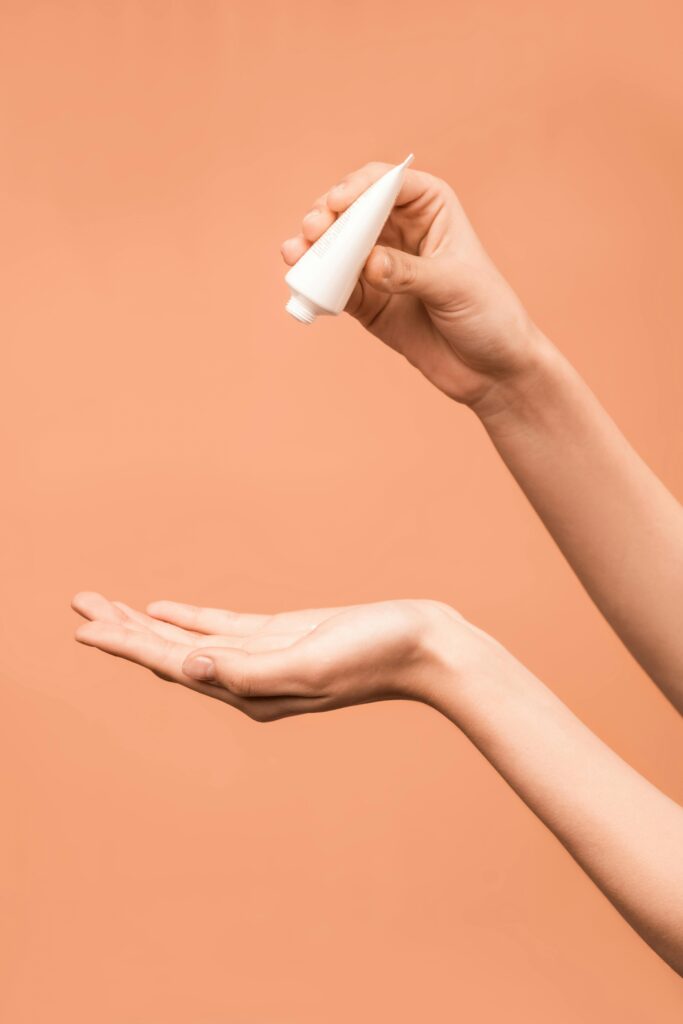
c) Avoiding hot showers
Effect of hot water: Hot water removes skin oils. Use lukewarm water.

d) Humidifiers (Air Humidity)
Maintaining indoor humidity: By keeping humidifiers in the house, you can protect your skin a little, especially during winter.
e) Diet and Supplements
Healthy fats: Omega-3 fatty acids, nuts, seeds, and avocados moisturize the skin.
Vitamins: vitamin E and C-rich foods like citrus fruits improve skin health.
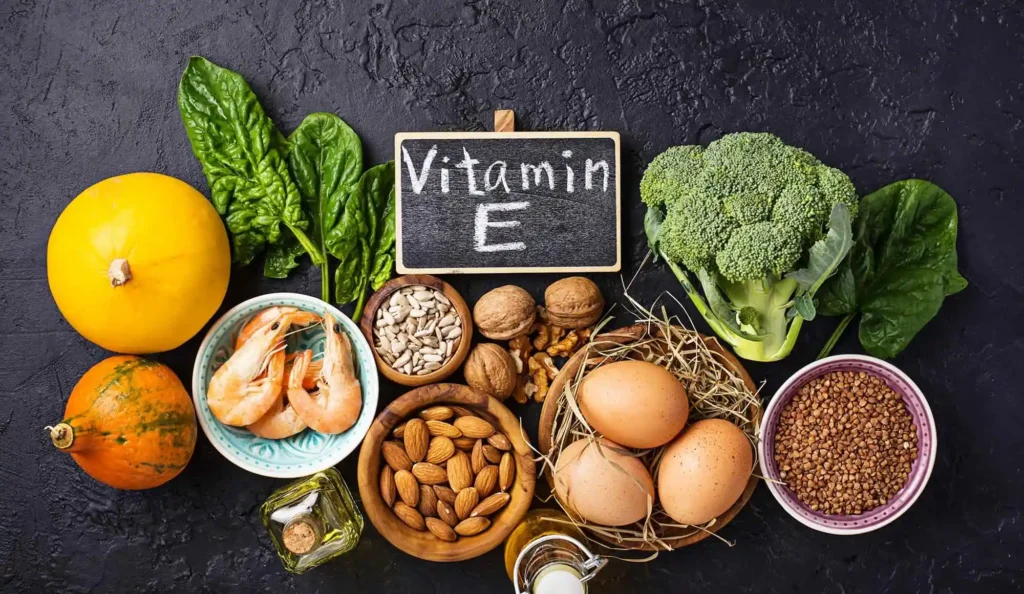
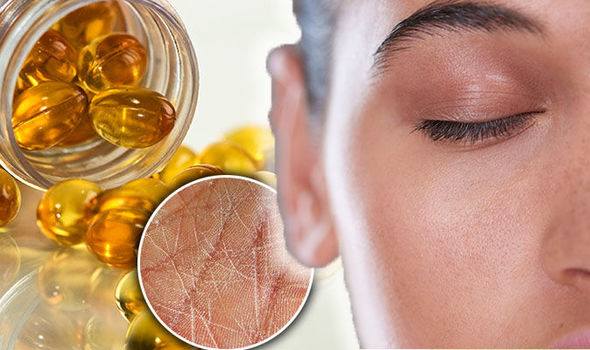
6. Home Remedies for Dry Skin
a) Honey
Honey is known for its moisturizing properties. You can apply honey directly to your skin.

b) Coconut Oil
It is a natural moisturizer and makes the skin soft and smooth. Message your body with coconut oil.
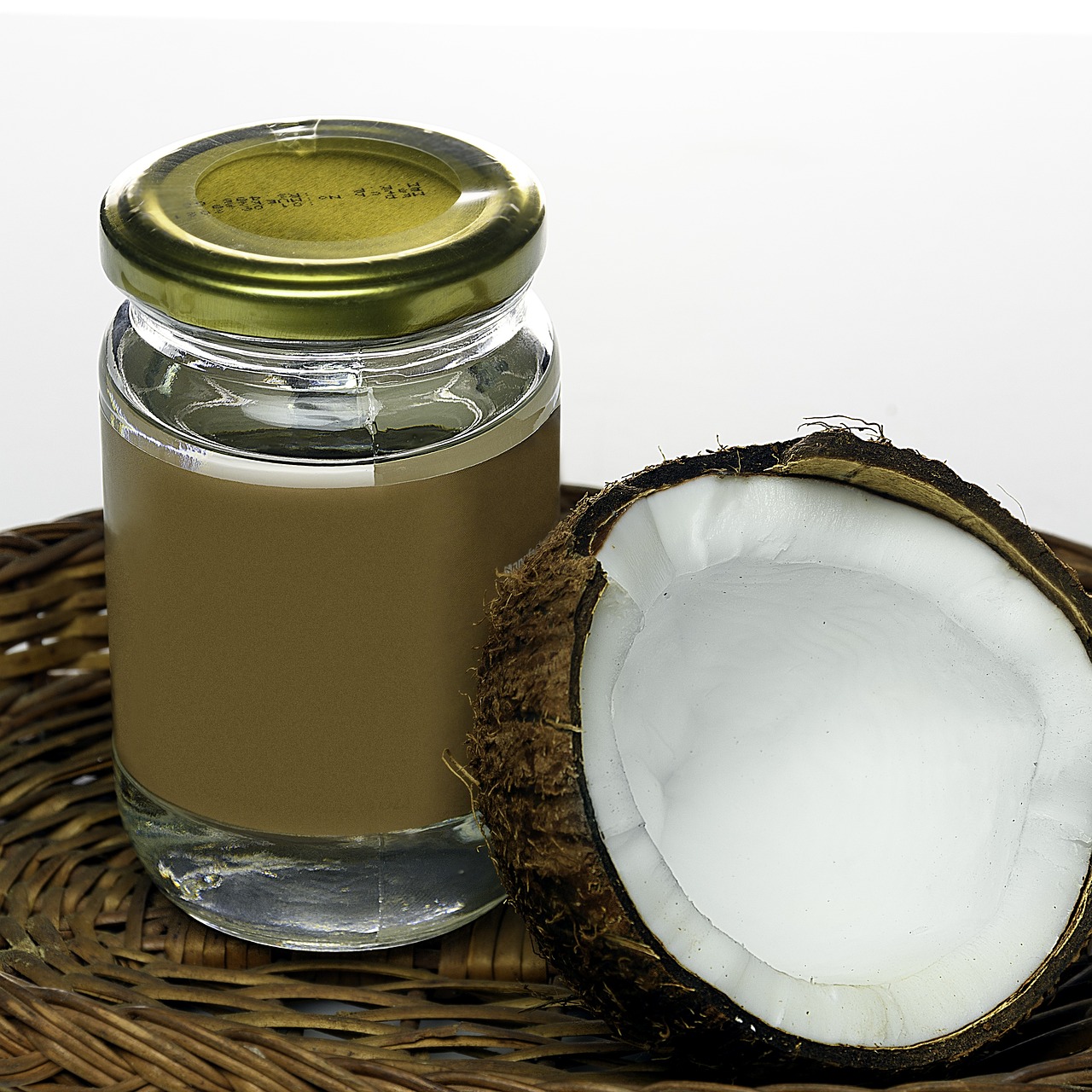
c) Oatmeal Bath
Soak your coin by pouring the atmel into the loquarium water. This will make your coin swell.
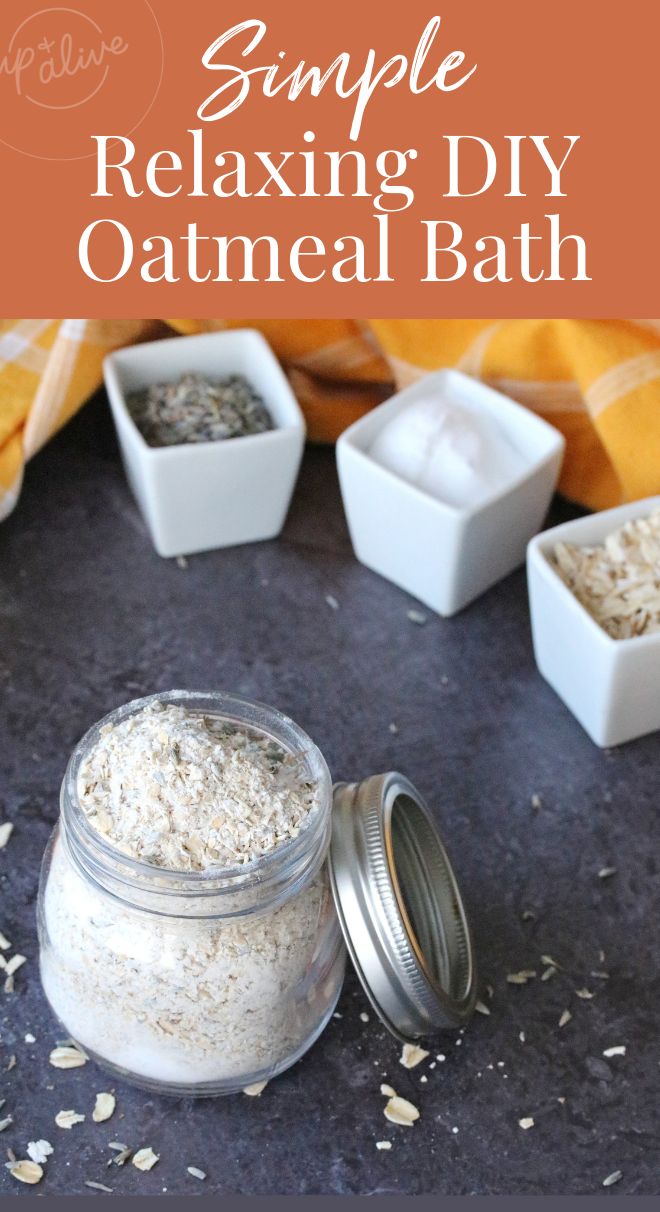
d) Aloe Vera
Aloe vera gel hydrates the skin and reduces irritation.

7. How to avoid dry skin?
Avoid excessive washing. Please do not wash your face frequently because it removes natural oils.
Sunscreen: It is important to protect dry skin from UV rays. Don’t forget to apply sunscreen.
Keep your skin covered: Wear gloves or scarves to protect your skin from extremely cold winds in winter.
Moisturize regularly: Moisturize your skin every time, especially after taking a shower.
8. When to see a doctor?
If your dry skin becomes very severe and there is swelling, redness, or cracks along with itching, consult a dermatologist.
If the infection is due to dryness or if there is a chronic skin condition, then treatment may be needed.
9. Conclusion
Recap: Dry skin is a common problem, but you can manage it through a proper skincare routine and lifestyle changes.
Call to Action: You can improve your routine and take care to keep your skin naturally healthy.

